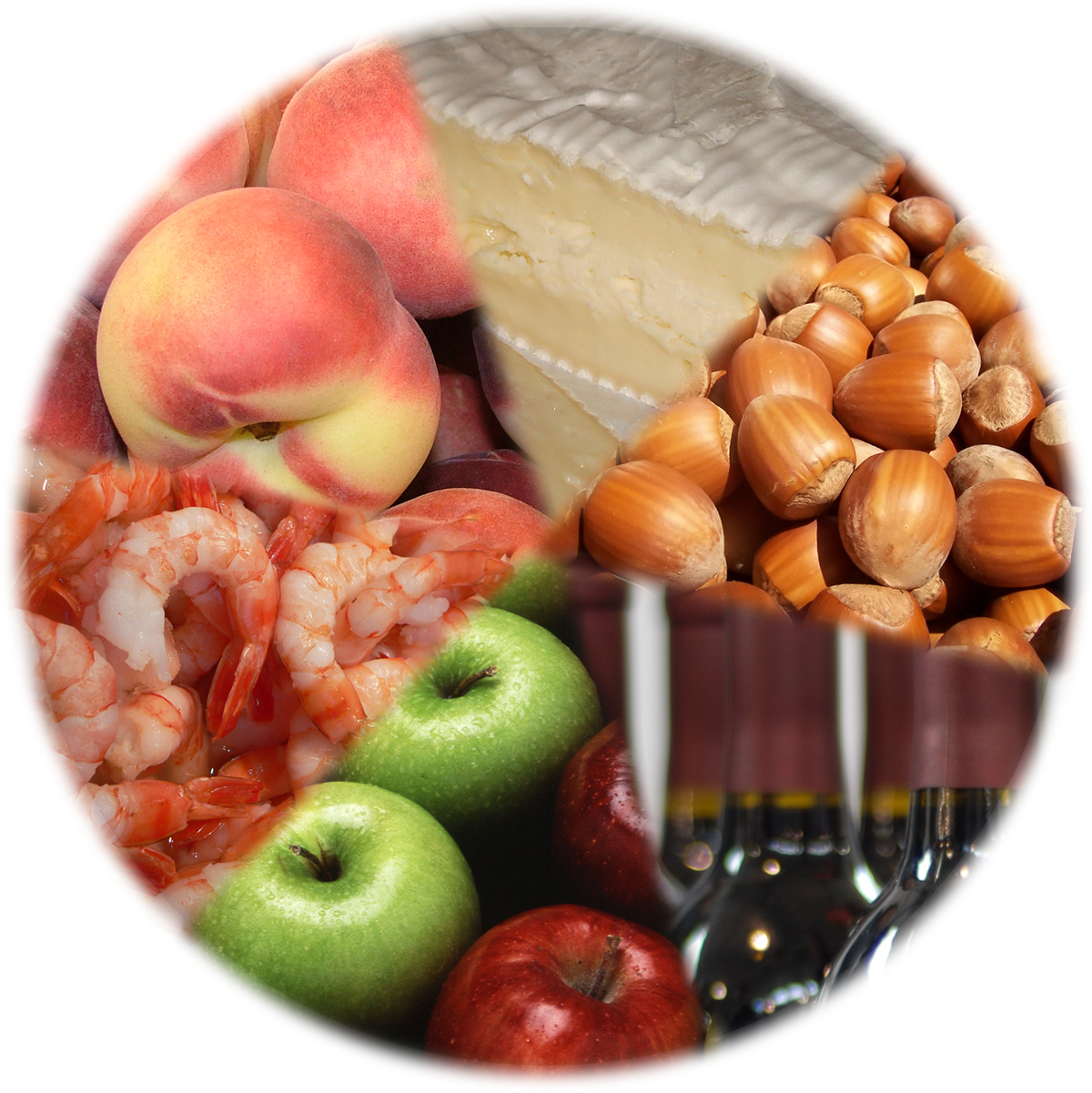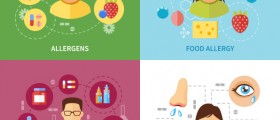
A person can be hypersensitive or allergic to certain types of food. The condition is characterized by an abnormal immunologic reaction when the immune system starts producing allergy antibodies and the symptoms like diarrhea, wheezing and vomiting occur.
Food allergy should not be confused with food intolerance. If it is a true allergy, it is a very serious condition which can sometimes even be fatal. Intolerance is much more common than the allergy and is rarely that severe and serious.
They both can have similar symptoms but people who have allergies should avoid the types of food that trigger the allergic reaction, while those who have food intolerance still may ingest those types of food, although in smaller quantities. Lactose intolerance is when a person cannot digest the milk and its products properly so it triggers diarrhea, bloating and abdominal discomfort. It is sometimes confused with an allergic reaction to milk proteins.
Proteins are usually the ingredients that trigger allergic reactions. Most of them still cause allergies even after the food that contains them has been cooked. Cow’s milk ingredients called casein and when they are resistant to heat and are among the most common food allergens. If a person is allergic to milk, an adequate alternative source of vitamin D and calcium must be found to be included into the dailydiet.
The white of the egg can sometimes be very dangerous in children since it provokes the symptoms of severe allergic reactions, especially in its raw form. Even when cooked they still can be potentially hazardous, so persons who are allergic to eggs should even avoid the yolks because they easily get contaminated by whites.
Dairy allergies are always characterized by eczema, inflamed nose, gastrointestinal distress, asthma, pneumonia, bleeding and sometimes even anaphylactic shock.
An elimination diet is always a good method of determining which exact type of food actually triggers the allergic reactions, but should not be undertaken unless it is supervised and guided by a doctor very closely. Certain blood and skin tests can be efficient when there is a suspicion of allergies to multiple types of food. They are also helpful in determining that the food may not be the cause of symptoms.
Many infants outgrow their egg and milk allergies by the times they reach five years of age. Parents should avoid giving suspicious types of food after previous reactions in children.

















Your thoughts on this
Loading...